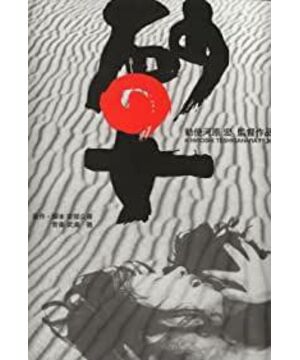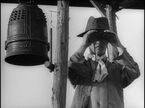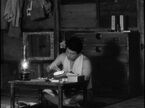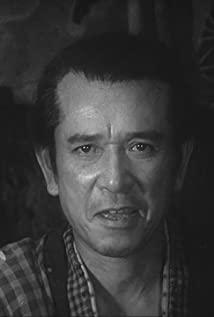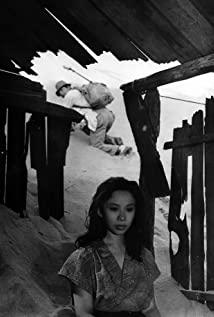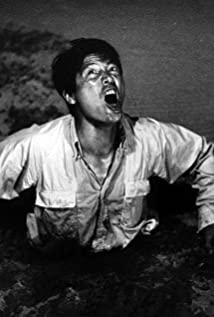The film itself is an open text full of symbols, using images and plots to touch the hearts of the audience and arouse their associations and resonances. I have no intention of guessing what kind of life dilemmas and philosophical themes the novelist or director wants to reveal through this story, I just want to try to interpret it myself.
This bunker was not dug by the hero himself, nor did he jump into it himself, but those cunning villagers tricked him into it. When he found that he had been tricked into the bunker and was completely cut off from the way out, he was furious and furious, and tried every means to escape, but failed repeatedly.
His attitude towards the bunker is in stark contrast to the widow who lives in it year-round. She was already numb, and she was silent all day long, silently sweeping out the sand that was blown into the house every day. The entomologist asked her, "What's the point of living like this? Are you digging sand to live, or to live to dig sand?" This question seemed familiar. Another way to ask is, do we eat to live, or do we live to eat? It seems that each of us has the potential to fall into this bunker.
When an entomologist's life situation is dramatically compressed into a small bunker, problems that he could not have realized are greatly narrowed and magnified in the dilemma. He used to live a normal so-called civilized life in Tokyo. In his civilized world, what is the meaning of life he said? His answer was to collect insects. "If I discover a new insect species, my name will be written in the insect book."
What is the essential difference between this strange answer and dredging or eating? In the final analysis, this civilized world is nothing more than a more comfortable, larger, and more advanced sandpit. Therefore, this bunker is actually in any form, and it can be large or small, as small as a wooden house, a pair of men and women, as large as the entire human world.
What made him give up hope of escape?
First of all, the blow of failure after failure made him frustrated and depressed.
Second, a man and a woman are alone, like a squid in a rut that is about to dry up, and can only help each other. And the lethality of this desire for freedom is fatal. The question of freedom has been completely replaced by the question of survival.
Survival is like a spider weaving a web. At first, you're just trying to make a living. But later, you'll want to make the web bigger, more beautiful, and more intricate. Survival then becomes life, richer, more layered, more skillful. You want greater fulfillment, but never stop for fulfillment. Your appetite grows and you catch more and more targets. You are obsessed with it, and you can't stop it. In the end, the net entangles you, it becomes all you are. The memory of freedom is thus forgotten by you.
The process of entomologists from desperate struggle, to decadence and depression, to adapting to habits, to lingering, is actually a process of forgetting.
Finally, when he stumbled upon a method of using the siphon principle to obtain spring water from the sand pit, he couldn't help but be complacent, which even became one of the reasons why he refused to leave the sand pit.
Sadly, when he finally had a chance to climb out of the bunker, he returned willingly. What's more sad is that even if he escaped from this small bunker, he still lives in another bigger bunker without knowing it.
Plato has an incisive allegory of the caveman, about a man imprisoned in a cave who finally breaks free, escapes from the cave, and returns to tell his companions that what they saw and heard in the cave was just an illusion.
And the story of this bunker is also a metaphor, telling us how we fell into it and how we forgot the freedom that belonged to us.
View more about Woman in the Dunes reviews


